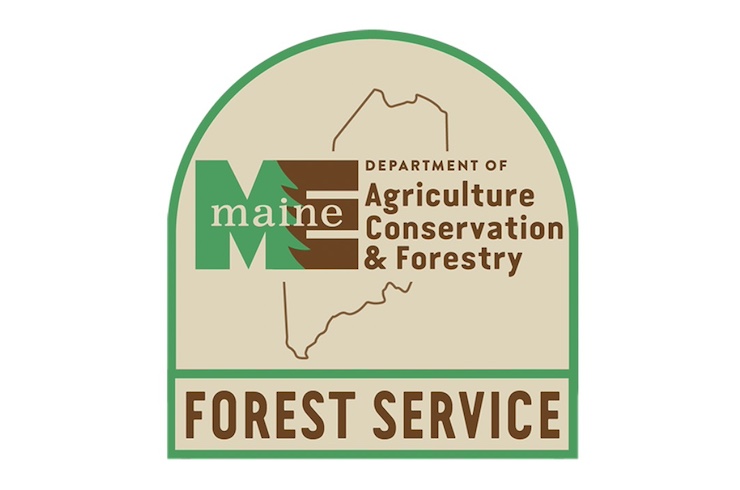How Drones Are Transforming the Maine Forest Service (MFS)

Covering 35,385 square miles, Maine is the largest of the New England states. With 17.6 million acres of forest, nearly 89% of the state is covered in dense woodlands. This makes Maine the most densely forested state in the United States. Headquartered in Augusta, the Maine Forest Service (MFS) is responsible for maintaining the state’s vast forest lands. Founded in 1891, MFS’s purpose is “developing, advocating for, and promoting activities that encourage the sound long-term management of Maine’s forest resources; protecting Maine’s forest resources from the effects of fire, insects, disease, and misuse;” the website states. And “providing accurate, relevant, and timely information about Maine’s forest resources.”
Becoming a forest ranger is a matter of pride for many Maine natives. It is up to these rangers to ensure that the goals of the MFS are met. One reason the MFS rangers are so well-respected is that they are some of the best forest rangers in the world. Being the best comes from being well-educated, trained, and committed to the preservation of Maine’s forests. As technology has progressed, the MFS rangers have begun adopting tools to ensure they can always perform at their best.
For many years, one of the most common tools used by the rangers was a helicopter. With so much land to cover, and the fact that much of it needs to be observed from a bird’s-eye point of view, helicopters are indispensable for MFS rangers. However, in 2019, Regional Forest Ranger Jeff Currier suggested to his superiors that they should start using drones to assist with certain missions. He posed a scenario that almost any forest ranger could relate to: walking or driving along and smelling smoke coming from the forest. With the density of the trees, locating the source of the smoke can often take too much time. With a drone, Jeff proposed, a ranger could quickly have an eye in the sky to locate a plume of smoke.
There would be no need to wait for a helicopter to arrive on the scene. Using the GPS coordinates from a drone, Jeff explained, he could quickly and easily direct a ranger to the fire. If the fire is small, the ranger can attempt to put it out before it spreads. If it is larger, the same ranger can begin minimizing the damage before a helicopter arrives to douse it. “Every fire starts small, so we want to kill them quick,” Jeff said. “It’s incredible how much time the drone saves, how much energy it saves, and how much smarter we can be. It’s a really great tool. And this is just the beginning.” Jeff was able to jumpstart the MFS’s drone program by training 4-5 licensed drone pilot rangers stationed strategically throughout Maine.
But Jeff was right; that really was just the beginning of MFS tapping into the possibilities drones could provide. Since then, MFS rangers have continually used drones to locate fires before they get out of hand. The drones are also used to monitor for illegal activity in protected forest areas. The rangers have utilized drones to locate areas of standing water to assist in mosquito management practices. One of the most important ways MFS rangers use their drones is to help in search and rescue operations.
Now, MFS’s drone program has grown to include 15 dedicated pilots. They have also partnered with the Federal Bureau of Land Management, which provides them with lightning data from satellites, allowing them to pinpoint where in the state to send a drone for inspection. “To be able to use the drone in conjunction with that technology is huge,” said one of MFS’s drone pilots, Ranger Zach Monroe. He went on to say how drone technology is something that nearly every emergency service is now using, a trend that will only continue to grow as it proves beneficial.
“The key to Maine’s past, present, and future quality of life and economic prosperity for its citizens is permanently linked to the condition of the state’s forest resources,” states MFS’s website. “The Maine Forest Service works to ensure that the trees and forest lands of Maine will continue to provide benefits for present and future generations of Maine people.” For MFS rangers, drones have become the latest key to achieving these goals.
|